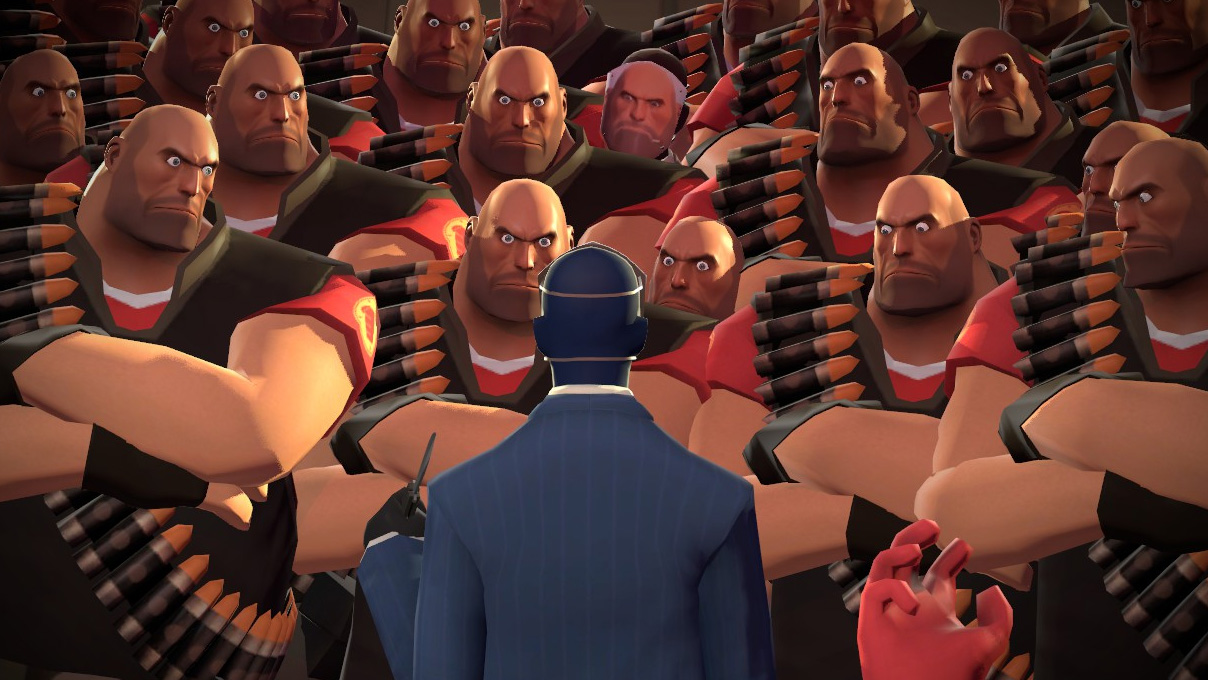UK secretary of state for science, innovation and technology says you're on the side of 'extreme pornographers' and 'predators' if you want the Online Safety Act walked back
Finally, we're safe from the nasty predators in (check notes) cycling forums.

The UK's Online Safety Act does, on the face of it, seem supremely flawed—for one, you can get past some of its age verification requirements with a picture of Norman Reedus. Or by just grabbing a VPN.
Detractors state the act isn't fit for purpose—not just because it's straightforward to bypass, but because of the severe knock-on effects to internet culture, free speech and, some would argue, the very child safety it tries to promote.
If you're one of these people, including the 300,000 (and counting) who've signed the Change.org petition, the UK's very own technology secretary thinks you're waving the flag for "extreme pornographers" and "predators". Sorry.
That's per statements by secretary of state for science, innovation and technology Peter Kyle—who accused Reform party head Nigel Farage of being on the side of "extreme pornographers" to Sky News. Kyle would then later double down on X, writing: "If you want to overturn the Online Safety Act you are on the side of predators. It is as simple as that."
Kyle might just be trying to score optics points against Reform, here, but this is, in my opinion, obviously wrong-headed. If we take a charitable read, 'overturn' is different from 'change', but it's hard not to see this as painting all critics of the act with the same pervy brush.
As someone who grew up on the internet, I do think it's a wild west for children, but the Online Safety Act has not been going particularly well, and there are some fair arguments against it that I'll attempt to summarise as best I can—without being an extreme pornographer about it.
Wikipedia, for one, has taken to the trenches to fight against it, arguing that the act's requirements for age verification violate its requirements for privacy on behalf of its editors. "We must now defend the privacy and safety of Wikipedia’s volunteer editors from flawed legislation," writes lead counsel Bradley-Schmieg.
Keep up to date with the most important stories and the best deals, as picked by the PC Gamer team.
Meanwhile, smaller sites have been forced to shut down due to the difficulty of compliance, or fear of fines. There's a couple of lists being maintained, but here's a few examples I could find (several via Onlinesafetyact.co.uk, one of the many sites compiling and archiving lists).
- The Hamster Forum, a forum that helped people take care of their hamsters.
- The Green Living Forum, where users talked about sustainable living.
- Discussion forums for local communities, such as Eastleigh.
Microcosm, a forum hosting service, was also bound to see hundreds of site shutdowns—including LFGSS (the London fixed gear and single speed forum, which hosts discussions for bicycle hobbyists) which was set to shut down alongside 300 other communities in March of this year. The forum's owner wrote:
"I can't afford what is likely tens of thousands to go through all the legal and technical hoops over a prolonged period of time just to learn what I'd then need to technically implement and do, the site itself barely gets a few hundred in donations each month and costs a little more to run... this is not a venture that can afford compliance costs."
It looks like there's been a stay of execution, thanks to new management and fundraisers, but I'd wager that not every community will be so lucky.
Then there are concerns over freedom of speech and privacy—while most ID verification companies claim to immediately delete your data, there are plenty who are upset at the prospect of trading civil liberties for a potentially nebulous idea of child safety.
There's also the common-sense point that, if you were a teenager wanting to look at adult content online, you might want a VPN but not have the money to buy one—and free VPNs are just as likely to be far sketchier than their paid alternatives. Similarly, shadier websites who simply don't care about violating the law might see an increase in traffic. You cannot play whack-a-mole with the entire internet.
To summarise—many detractors of the Online Safety Act are concerned it violates freedom of speech, privacy, shuts down benign forums and communities, limits access to information, and might not actually make sufficiently-motivated teenagers all that much safer.

Harvey's history with games started when he first begged his parents for a World of Warcraft subscription aged 12, though he's since been cursed with Final Fantasy 14-brain and a huge crush on G'raha Tia. He made his start as a freelancer, writing for websites like Techradar, The Escapist, Dicebreaker, The Gamer, Into the Spine—and of course, PC Gamer. He'll sink his teeth into anything that looks interesting, though he has a soft spot for RPGs, soulslikes, roguelikes, deckbuilders, MMOs, and weird indie titles. He also plays a shelf load of TTRPGs in his offline time. Don't ask him what his favourite system is, he has too many.
You must confirm your public display name before commenting
Please logout and then login again, you will then be prompted to enter your display name.

